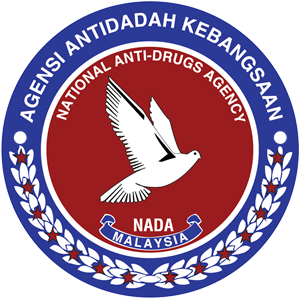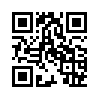Drug Addiction is classified as a chronic, relapsing disorder characterized by compulsive drug seeking and use despite adverse consequences. As it involves functional changes to brain, it is considered as a brain disorder which may acquire lifelong efforts in treating individual who has stopped taking drugs. Yet, addiction is treatable disorder and there are various research-based methods that assist people to stop using drugs.
The problem of drug addiction is complex and agreed globally as a chronic and relapsing disease. Drugs directly affect the user’s brain and can affect their thoughts, feelings, and behaviour changes. This problem also poses a serious threat to the health, safety, prosperity and prosperity of the family, community and the country, as well as to the addict itself. The final impact of this problem can affect the overall development of the country or in particular resulting in misery to the addicts and their families.
Treatment and rehabilitation is a process of helping addicts to stop searching, compulsive drug use and subsequently abandoning drug addiction habits. This process is implemented in different settings, approaches and timeframes. It involves the process of intervention and support to enable individuals to deal with addiction problems, make the right decisions in relation to the life and integrate themselves in family and community.
NADA has increased access to treatment, rehabilitation and aftercare services to drug users, by scaling up treatment coverage and widen the social net for drug users in order to facilitate accessibility to treatment services. This division has provided and supported range of treatment and rehabilitation modalities for specific groups of drug users by adopting evidence-based treatment protocols based on international standards in treatment. Treatment and rehabilitation services are carried out through three (3) settings: institutional-based treatment, community-based treatments and aftercare programs. Aftercare services are to optimize family and community support by involving in the recovery process and to assist rehabilitated drug users in their reintegration into society.
Vision
To return drug addicts as functioning individuals
Misi
To provide comprehensive and integrated treatment and rehabilitation services
Functions
- To plan and coordinate implementation of institution- and community-based rehabilitation programmes
- To monitor and evaluate effectiveness of implementation of institution- and community-based rehabilitation programmes
- To improve on the rehabilitation programmes and activities carried out in order to ensure achievement of objectives stipulated by the agency’s policy
Objectives
- To treat and rehabilitate individuals involved in drug abuse
- To maintain an individual’s recovery
- To assist an individual return to a healthy lifestyle without drugs
- To improve health status and reduce the health risk due to the behaviour of the addiction
- To improve social status and integrate individuals to work productively in families, workplaces, and communities.
Strategy
- Providing treatment and rehabilitation services in institutions and in community
- Accepting drug addicts as patients
- Creating a network of cooperation with strategic partners and smart partners
Contact Us
For more information, please contact : Treatment, Medicational & Rehabilitation Division









 Users Today : 175
Users Today : 175 Total Users : 2659085
Total Users : 2659085